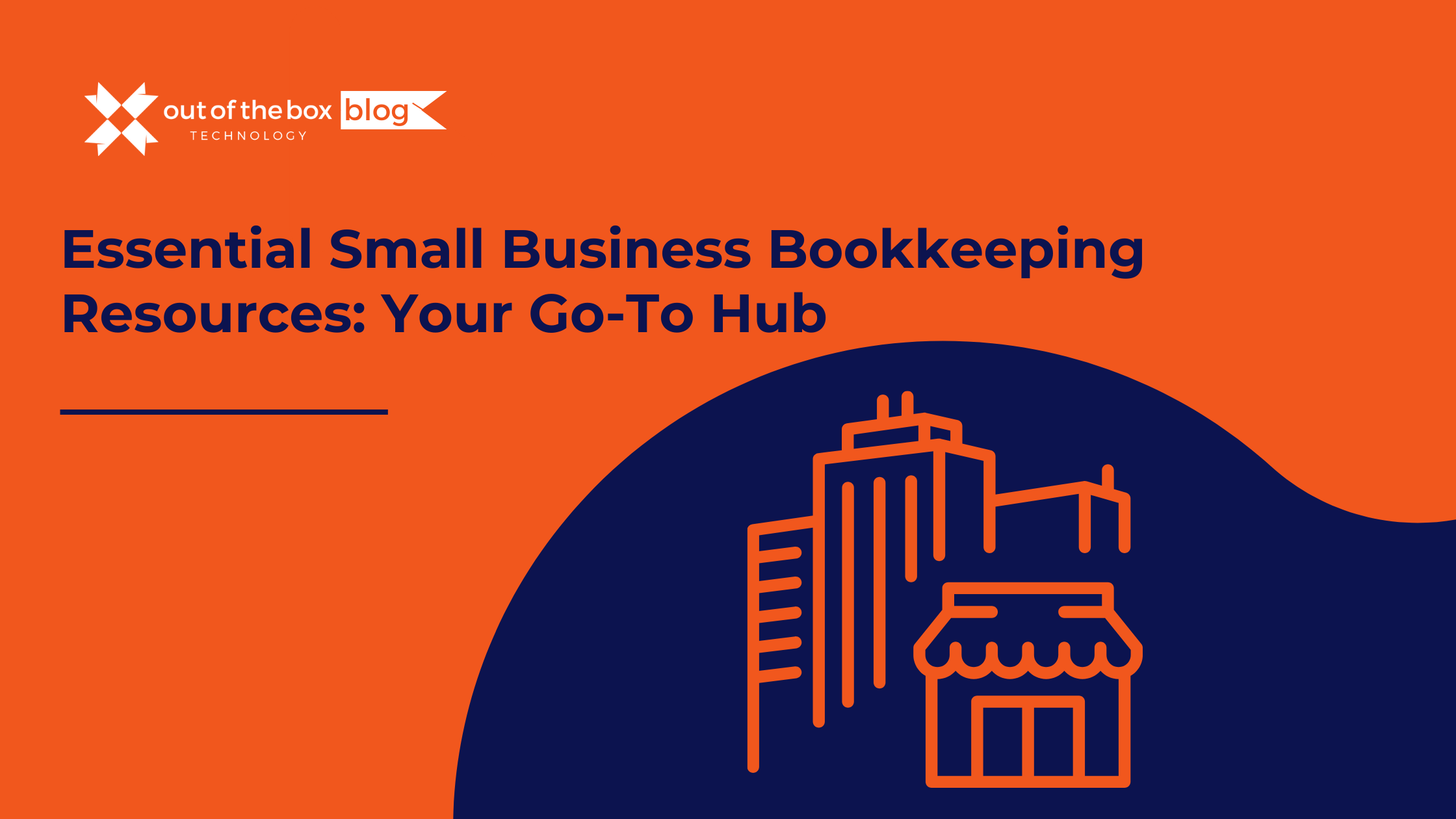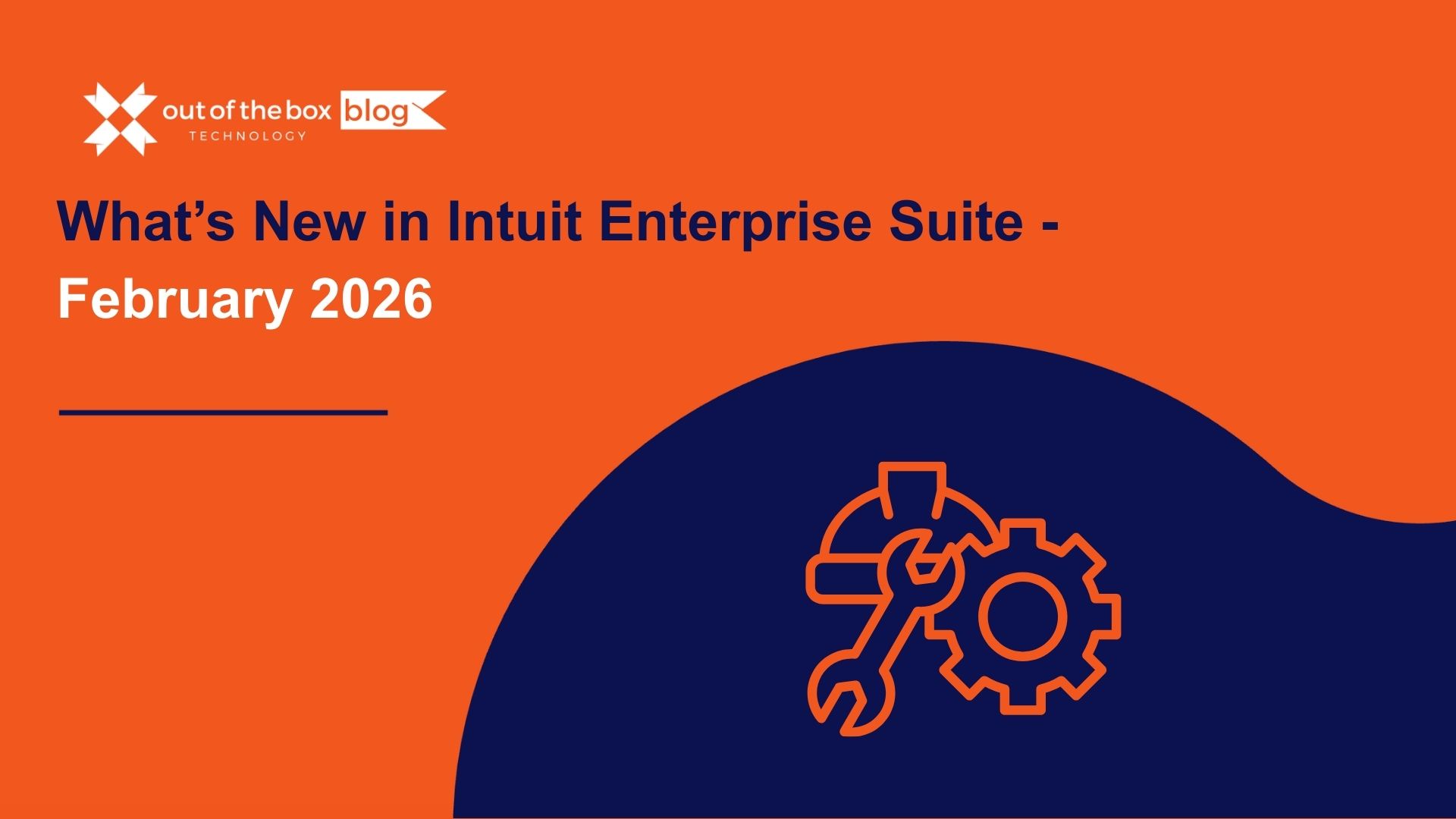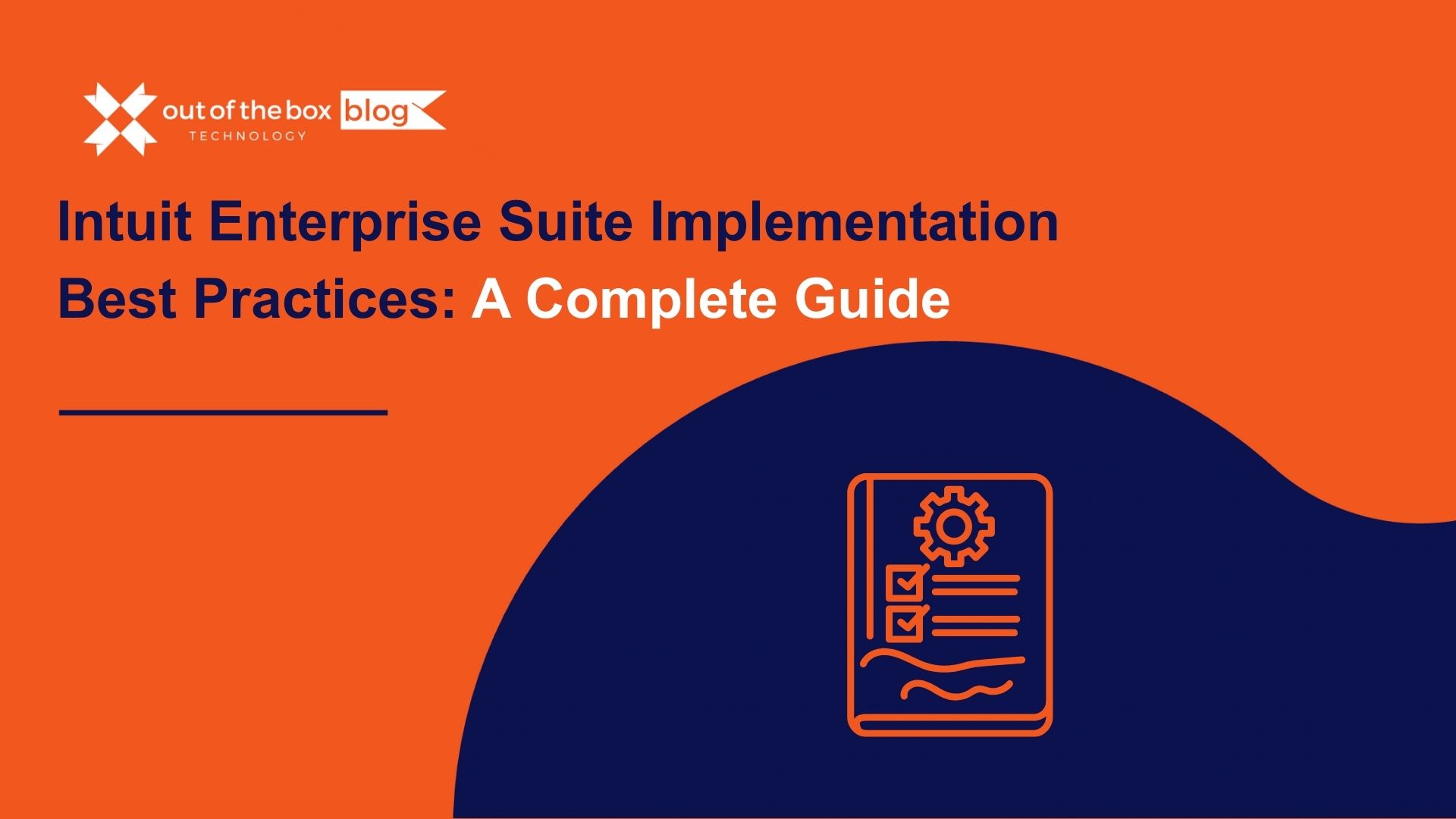Bookkeeping is the foundation of any successful small business. Keeping track of financial transactions, expenses, and revenue ensures that businesses remain profitable, compliant, and financially healthy. However, many small business owners struggle to manage their bookkeeping efficiently due to time constraints, lack of expertise, or limited resources.
In this guide, we’ll explore essential small business bookkeeping resources, covering software, educational tools, expert advice, and best practices. We’ll also provide real-world examples, data-backed insights, and an FAQ section to help small business owners navigate their bookkeeping challenges effectively.
Why Bookkeeping is Crucial for Small Businesses
According to a 2022 survey by the National Small Business Association (NSBA):
- 60% of small businesses report cash flow as a significant challenge.
- 82% of small businesses fail due to poor financial management.
- More than 70% of small businesses outsource or rely on bookkeeping software for financial management.
Accurate bookkeeping ensures:
- Better financial decision-making
- Compliance with tax regulations
- Proper cash flow management
- Preparedness for audits and loans
- Reduced financial errors and fraud risk
Top Educational Resources for Small Business Bookkeeping
1. IRS Small Business and Self-Employed Tax Center
- Why It’s Useful: Provides tax guidance tailored to small business owners.
- Website: www.irs.gov
2. Small Business Administration (SBA) Learning Center
- Why It’s Useful: Free courses on bookkeeping, financial planning, and tax basics.
- Website: www.sba.gov
3. Coursera & Udemy Bookkeeping Courses
- Why It’s Useful: Affordable online courses covering bookkeeping fundamentals.
- Cost: $30-$100 per course.
- Best For: Entrepreneurs and beginners.
Best Bookkeeping Practices for Small Businesses
- Separate Business and Personal Finances
- Open a dedicated business bank account to streamline expense tracking.
- Automate Bookkeeping Tasks
- Use software like QuickBooks or Xero for transaction tracking and invoicing.
- Maintain Accurate Financial Records
- Keep receipts, invoices, and expense reports organized.
- Reconcile Bank Statements Monthly
- Helps detect errors, fraud, and discrepancies early.
- Plan for Taxes Year-Round
- Set aside 20-30% of income for taxes and stay compliant.
- Track Cash Flow Weekly
- Prevents liquidity issues and ensures financial stability.
- Hire a Professional When Necessary
- Consider a bookkeeping service like Bench or hiring a CPA.
Frequently Asked Questions (FAQs)
1. What is the best bookkeeping software for small businesses?
QuickBooks and Xero are top choices, but Wave Accounting is a great free option.
2. How often should I update my books?
Small businesses should update their books weekly or at least monthly to ensure accuracy.
3. Can I do my own bookkeeping or should I hire a professional?
Many small businesses handle bookkeeping themselves using software, but hiring a bookkeeper or CPA is beneficial as the business grows.
4. How do I prepare for tax season as a small business owner?
- Keep detailed records of all transactions.
- Set aside 20-30% of income for taxes.
- Work with an accountant for tax planning.
5. What’s the difference between bookkeeping and accounting?
- Bookkeeping focuses on recording daily transactions.
- Accounting involves interpreting, analyzing, and reporting financial data.
Conclusion
Effective bookkeeping is crucial for small business success. By leveraging software tools, educational resources, and best practices, businesses can streamline financial management, reduce stress, and make informed decisions. Whether you’re managing books yourself or hiring a professional, having the right resources will set you up for long-term financial health.
For personalized bookkeeping advice, consult a professional bookkeeper or CPA today!




